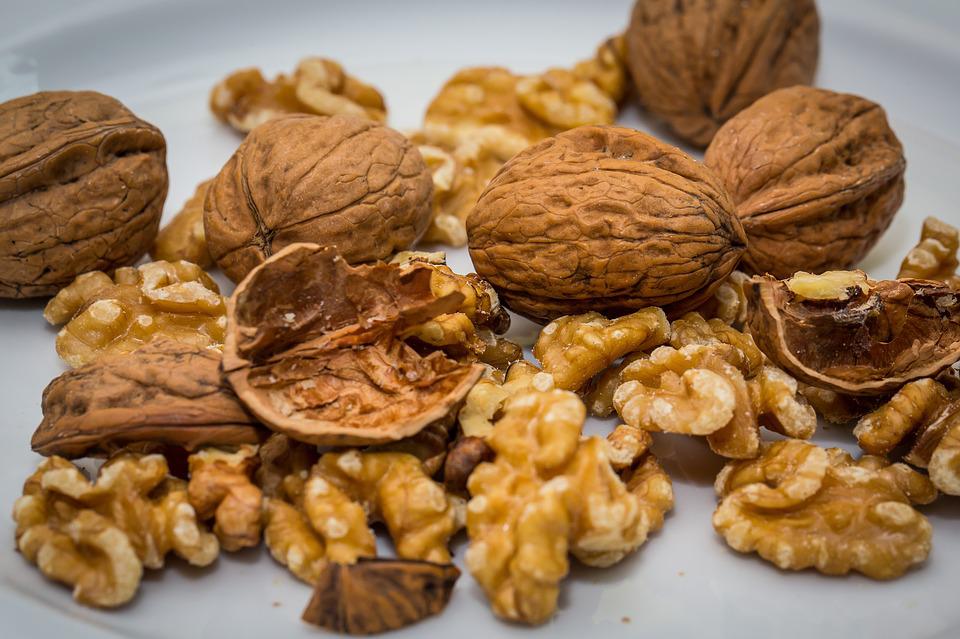Omega-3s are fatty acids that are essential to the proper functioning of the body. They help prevent cardiovascular disease by regulating cholesterol and triglyceride levels. They also play a vital role in fertility, skin health, and mood regulation.
Finally, a diet rich in omega-3 polyunsaturated fatty acids reduces the risk of developing Crohn’s disease or hemorrhagic rectocolitis (inflammatory bowel disease or IBD) and reduces the frequency and severity of migraine attacks (after 4 months of this diet).
As the body cannot synthesize them, it is essential to have a balanced diet that provides the necessary daily intake. Discover 3 sources of omega-3 to put on the menu regularly!
Good to know: the consumption of omega-3 is linked to a 10% reduction in cardiac mortality (on the other hand, it does not reduce the risk of non-mortal infarction).
1. Fatty fish
Fatty fish are the best sources of omega-3. They are particularly rich in EPA (eicosapentaenoic acid) and DHA (docosahexaenoic acid), the most effective omega-3s for preventing cardiovascular disorders.
Here are the omega-3 contents of some fatty fish:
- salmon: 1.8 g/100 g;
- anchovy: 1.7 g/100 g;
- herring: 1.4 g/100 g;
- sardine: 1.2 g/100 g;
- mackerel: 1,1 g/100 g;
- trout: 1.1 g/100 g;
- swordfish: 0,7 g/100 g;
- tuna: 0.7 g/100 g.
Don’t forget white fish (saithe, sole, or halibut) and seafood (mussels, oysters, or scallops). Even if they are less rich in omega-3 than fatty fish, they still have decent levels that meet our needs.
Note: fish oil supplements are recommended if they are added to a statin in the case of hypertriglyceridemia that persists despite statin treatment.
2. Walnuts

Walnuts have a unique fatty acid profile.
70% of its lipids are polyunsaturated fatty acids, particularly omega-3.
Among these polyunsaturated fatty acids, 20% are alpha-linolenic acid (not to be confused with Alpha Lipoic Acid), an essential omega-3 fatty acid with proven benefits for the cardiovascular system.
Walnuts also have an ideal proportion of omega-3 to omega-6. This balance is essential to maintaining good health. Excessive consumption of omega-6 becomes harmful, especially to the cardiovascular system.
You can eat nuts in salads or pastries. Think also of walnut oil, which has the same nutritional benefits. But do not use it for cooking; it is only consumed raw.
Good to know: buy walnuts preferably in their shells because shelled walnuts tend to go rancid.
3. Rapeseed oil
Rapeseed oil stands out from other oils, especially olive oil, because of its high content of polyunsaturated fatty acids, especially omega-3. It is the second most decadent oil of ALA (alpha-linolenic acid) behind walnut oil. 1.5 tablespoons of rapeseed oil is enough to cover the daily needs of omega-3.
It also has a meager omega-3/omega-6 ratio, making it easy to rebalance your intake. All these advantages make rapeseed oil to be preferred daily. Consume it alternately with olive oil and walnut oil.
Good to know: to take advantage of all its nutritional benefits, always choose unrefined rapeseed oil. In addition, its light almond and artichoke taste is preserved compared to refined rapeseed oil, whose flavor is neutral.
Read more:
– 7 Foods that Damage Your Kidneys;
– Melatonin Is Not A Sleeping Pill;
– 11 Best Foods to Prevent Hair Loss;
– Eat these 7 Anti-aging Foods;
– 4 Reasons Why You Should Eat Olives;
– 8 Foods To Avoid If You Have Joint Pain;
– Drink This Before Bedtime and Lose Weight Overnight!
– A Guide To Bodybuilding Nutrition;
– 7 Tips for More Energy in the Morning;


